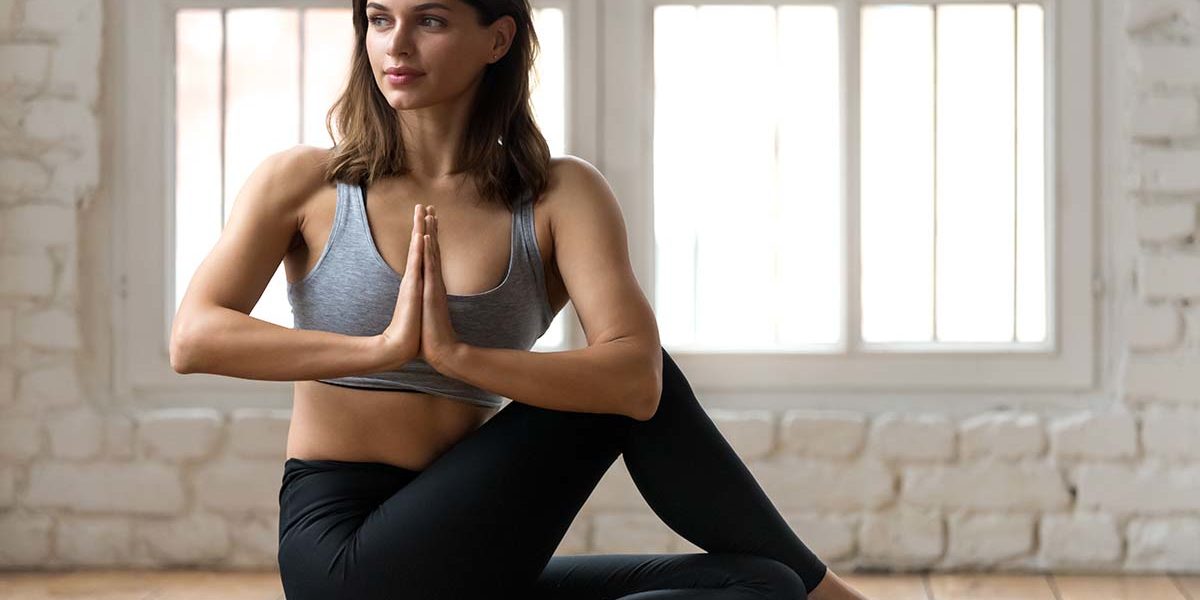It is no secret that addiction recovery is a difficult process that can look different from person to person. Aside from traditional therapy, many other methods can assist a person in their recovery journey. A common method that is paired with traditional therapy in the recovery process is yoga.
Yoga’s popularity has grown immensely over the past decade due to its physical, mental, and spiritual health benefits. The practice of yoga includes meditation, breathing control, and stretching. It is widely practiced to increase relaxation and reduce stress, a common issue for those in an addiction recovery program. Those who enter Dignity Hall Sober Living Homes in South Jersey will learn new ways to cope during addiction recovery. Yoga is a great option for those looking to learn a new healthy hobby.
How Does Yoga Benefit Addiction Recovery?
Yoga has proven to show many great results for those who are in addiction recovery. When you are recovering from a substance use disorder, you will likely experience fatigue, discomfort, and other mental and physical issues. When your body becomes dependent on a substance, it is not easy to give up quickly. Because of this dependency, your body will attack itself and try to get you to use this substance again.
When pairing yoga with your addiction treatment plan, you begin to ease the mind of its distress, making yoga a great recovery method. Yoga also can be used anytime and anywhere to reduce the stress that may impact a person throughout the day. It allows you to refocus yourself and your energy back to sobriety.
Yoga Can Help Redirect Focus
People usually use drugs or alcohol as an unhealthy way to cope with something in their lives. However, this escape from everyday life is not permanent. Letting go of the past may be a difficult process, but yoga can help. While practicing yoga, you are investing your energy into your emotions, thoughts, and present state. As you flow through each yoga position, you retrain your mind to think about the positive and release any negative emotions you may have felt while experiencing addiction.
Yoga Can Help You Cope with Emotions
Emotional turmoil is often caused by drug and alcohol abuse. Those with addiction commonly experience emotions such as loneliness, helplessness, stress, anxiety, and depression. Rather than finding healthy coping methods, they turn to substance use to combat what they are feeling. Talking about your emotions and fears is one of the first steps in the recovery process. Yoga teaches you to seek inner peace through mindfulness. It allows you to control your emotions and how you respond to them.
Yoga Creates Better Self-Control
Self-control is an important skill to teach yourself during recovery. It was not easy to give up your addiction. Practicing self-control can help you avoid relapse. Yoga can be used to fight against cravings and recenter your thinking and find healthier alternatives to addiction.
Yoga and Mental Health Disorders
It is not uncommon for someone experiencing substance abuse to be suffering from a mental health disorder. This is called a co-occurring disorder. Post-Traumatic Stress Disorder is the most common mental illness that creates a higher risk for substance use disorder. Studies have shown that yoga has decreased drug and alcohol use in those with PTSD. Not only does yoga help with PTSD symptoms, but it can also help decrease symptoms of anxiety, depression, and other mood disorders that commonly occur in someone suffering from addiction.
Sober Living at Dignity Hall
Dignity Hall Sober Living homes in South Jersey offers a safe space for you during your recovery journey. If you are struggling with addiction or have relapsed, reach out to Dignity Hall today at 855.380.7560. Lifestyle changes can help you back on track to your road to recovery.







